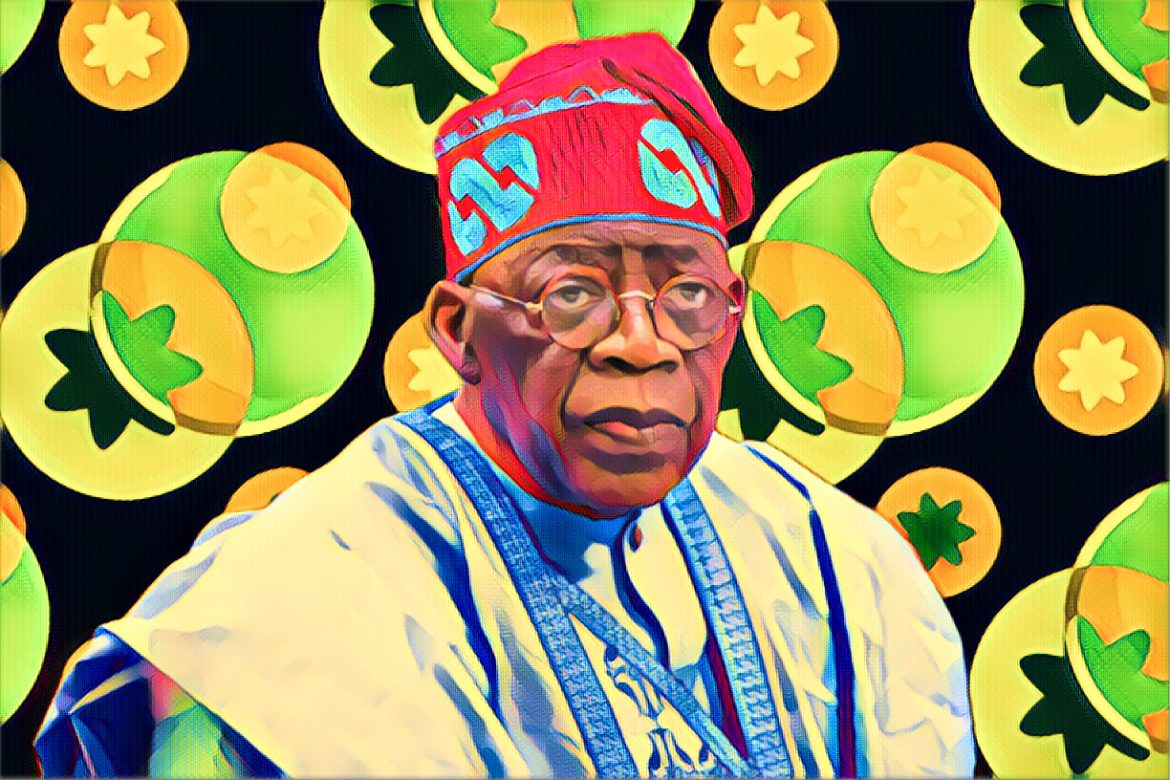Nigeria’s economic crisis deepens, with citizens feeling the pinch of soaring inflation and a devalued Naira, raising widespread concern.
Amid escalating inflation and a depreciating Naira, Nigerians are losing patience with the current economic conditions. The Bola Ahmed Tinubu administration, only five months in office, faces significant challenges, including managing rising debt and a foreign exchange crisis.
The National Bureau of Statistics (NBS) reveals a troubling spike in inflation, hitting 26.72% in September 2023, up from 25.80% in August. This surge marks a nine-month high, primarily driven by food costs, now standing at a staggering 30.64%.
Essentials like oil, cereals, tubers, fish, and dairy have seen sharp price increases, the NBS notes. Additionally, the Naira continues its downward spiral against the Dollar, alarming economists and frustrating citizens.
Forex policies seem ineffective as the Naira’s value dwindles, despite the Central Bank of Nigeria’s (CBN) recent efforts to stabilize the currency. These measures, meant to attract positive market sentiment, have yet to bear fruit, leaving individuals and businesses in uncertainty.
According to a report by the Daily Post, citizens express despair as living costs skyrocket. “Prices of basic goods like noodles have doubled within a week,” says Grace Garba. Musa Abbas reflects a growing sense of hopelessness, relying on “goodwill and mercy” to sustain his family.
The economic downturn profoundly impacts everyday Nigerians, with reports indicating an increase in mental health issues and suicide rates. The government has called for the establishment of counseling centers, emphasizing the urgency of addressing these mental health crises.
President Tinubu, acknowledging the hardships, assures reforms aimed at economic recovery. Speaking at various summits, he reiterates his commitment to reviving the economy and restoring investor confidence.
However, experts caution that without immediate relief measures, more citizens will plunge into poverty. The dire situation calls for empathy and tangible action from Nigeria’s leaders, urging a reevaluation of current strategies to alleviate the common person’s plight.


